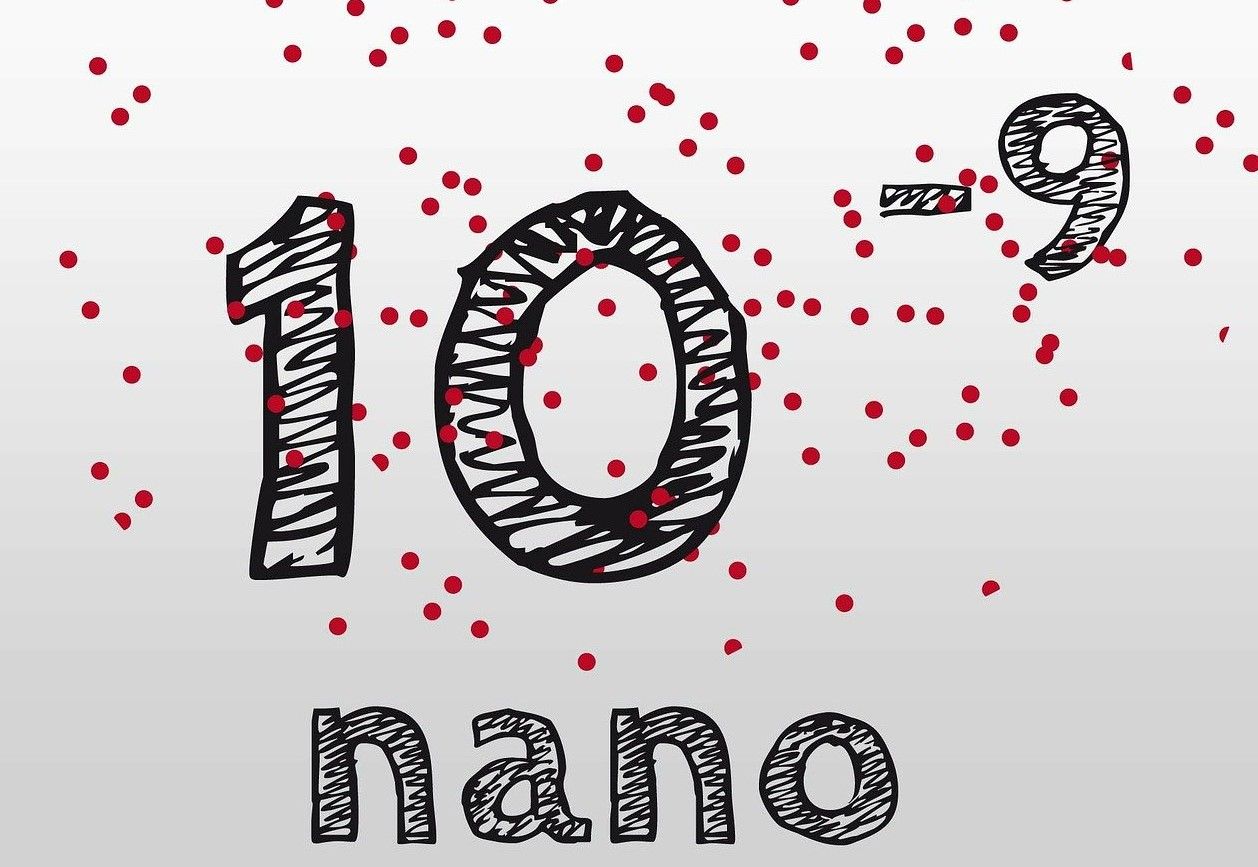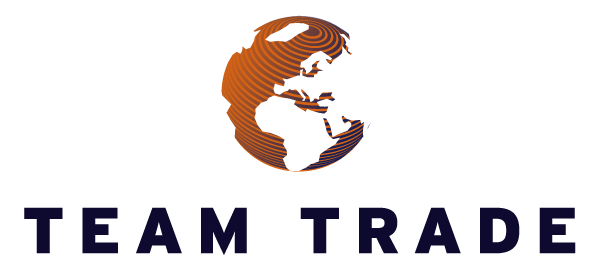A recent analysis of where EU investors are placing their money has revealed that technology companies focusing on finance and medicine received the most investment during the first half of 2018.
The report, published by Tech EU, a specialist publication for European technology news, explains how, “Finance Technology raised €1.8 billion in the first half of 2018 - the same as in H1 2017 - with several mega-rounds.” Followed by, “Medical Tech start-ups which raised €1.5 billion [across the EU] in the first two quarters of 2018.”
The report continues by explaining how these two industries are traditional routes for investors. Stating that, “As finance and medicine are both industries with constant demand and innovation, it comes as no surprise that tech entrepreneurs keep bringing new solutions to the market, and that start-ups in these categories are attracting more investment every year.”
What is surprising however, is how little the report (and the media in general) focuses on nanotechnology.
For while the media often reports on the profits to be made in Bitcoin, commercial space flight, and blockchain, products from these innovations have yet to impact the modern world.
You cannot spend your cryptocurrency in a supermarket. Commercial space flight has yet to take anyone anywhere, and while blockchain may one day change the world, it’s a long way before the profit returns.
Nanotechnology, meanwhile, is already returning investors a healthy, stable return, and looks set to do so for many years to come.
Nanotechnology involves the use of materials on a minute scale (1mm = 1 million nanometres). The width of a human hair is about 100,000nm.
Materials used at such a tiny scale have different properties and special advantages over those used in bulk.
For example, a gold bar must be heated to 1,064o C before it starts to melt. But the same gold bar in a nanoform will melt at 591o C.
Similarly, gold (as an inert material that doesn’t corrode or tarnish) would normally be considered a silly material to use as a catalyst for chemical reactions. However, at a scale of 5 nanometres it can act as a catalyst for a reaction such as oxidizing carbon monoxide.
Nanotechnology enables engineers to do things that were previously impossible, giving it real-world, practical uses.
Most notably, nanotechnology has already been applied in the medical industry. As AZoNano, the leading online publication for the nanotechnology community, explains, nanomedicine is already being used to, “… diagnose, treat and prevent disease and traumatic injury.”

Specifically, and most importantly for investors, it is already offering real-world, profit-returning solutions in the field of medicine. These include:
- Targeted or timed drug release. Nanocarriers can be specifically designed to release drugs following controlled biodegradation of the polymer or activation of a certain stimulus.
- Protection from enzymatic degradation & acid hydrolysis in the stomach
- Protection from immunodegradation
- Cancer detection through sensing and imaging
- Cancer treatment through nanoflares (nanoparticles that are designed to specifically bind and generate a light to target cancer cells)
- Treatment of dental renaturalization and a cure for permanent hypersensitivity
- Mucociliary clearance in the lungs
However, beyond medical uses, nanotechnology has other real-world engineering applications.
As the American Chemical Society observes, “The average person already encounters nanotechnology in a range of everyday consumer products – nanoparticles of silver are used to deliver antimicrobial properties in hand washes, bandages, and socks, and zinc or titanium nanoparticles are the active UV-protective elements in modern sunscreens. The contents of your bathroom cabinet may contain micellar or liposomal products that use nanospheres to trap dirt or deliver medicines or skin care.”
The challenge for investors is not only finding nanotechnology to invest in, but also in finding companies capable of bringing that technology to market.
Since 2004, the Prague-based company Team Trade has been using its expertise to supply the raw materials for the industrial production of rubber, plastics, construction, and electronics.
At the same time, the company has been cooperating with scientific institutions such as Academy of Sciences of the Czech Republic, the University of Chemistry and Technology in Prague (VŠCHT), Liberec University, the Tomas Bata University, and other leading nanotechnology researchers to develop practical applications for nanotubes in industry.
In doing so, Team Trade have combined business acumen with technological know-how to the development and supply of nanotechnology raw materials.

Team Trade is now ready for the next level of expansion in this exciting field and is receiving investment to aid its growth.
If you are interested in knowing more about the work of Team Trade, or if you wish to find out how you can become an investor in their latest project, then contact their investment line on (0042) 233 371 850.
Photo credit: Pitchbook, Independent, OxfordMartin, TeamTrade, & PharmaPhorum
